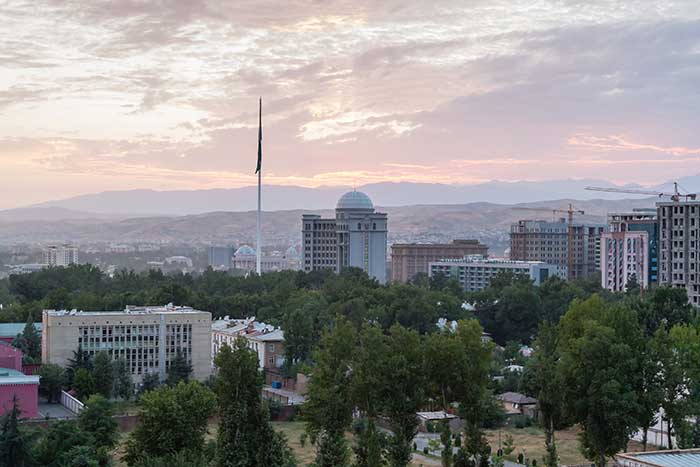web_dushanbe_shutterstock_329636207.jpg

Dushanbe, Tajikistan
The bank’s International Development Association will provide $10m, complemented by $9.8m from the UK’s Department for International Development, in order to enhance the effectiveness, control and accountability of public spending in the Central Asian country.
According to the bank, the project will strengthen budget planning and execution, treasury accounting and financial reporting across government entities through the modernisation of the automated financial management system and the strengthening of accounting and reporting capabilities in state-owned enterprises.
The bank will also support the development and implementation of an audit methodology to carry out compliance and performance audits, regulatory and institutional frameworks, and implementation of an e-procurement system and other e-government services.
The project, dubbed PFM-II, will be implemented by Tajikistan’s Ministry of Finance and will run until 2021.
Tajikistan is one of the poorest countries in the region, and while growth has on average been robust since 1999, two years after its civil war ended, it relies heavily on export commodities like aluminium and cotton and on remittances from migrant workers.
The World Bank believes the best solution to this is to invest in human capital and developing institutions, and recommends the country makes spending more transparent and effective in order to decrease corruption and foster trust between people and government.







